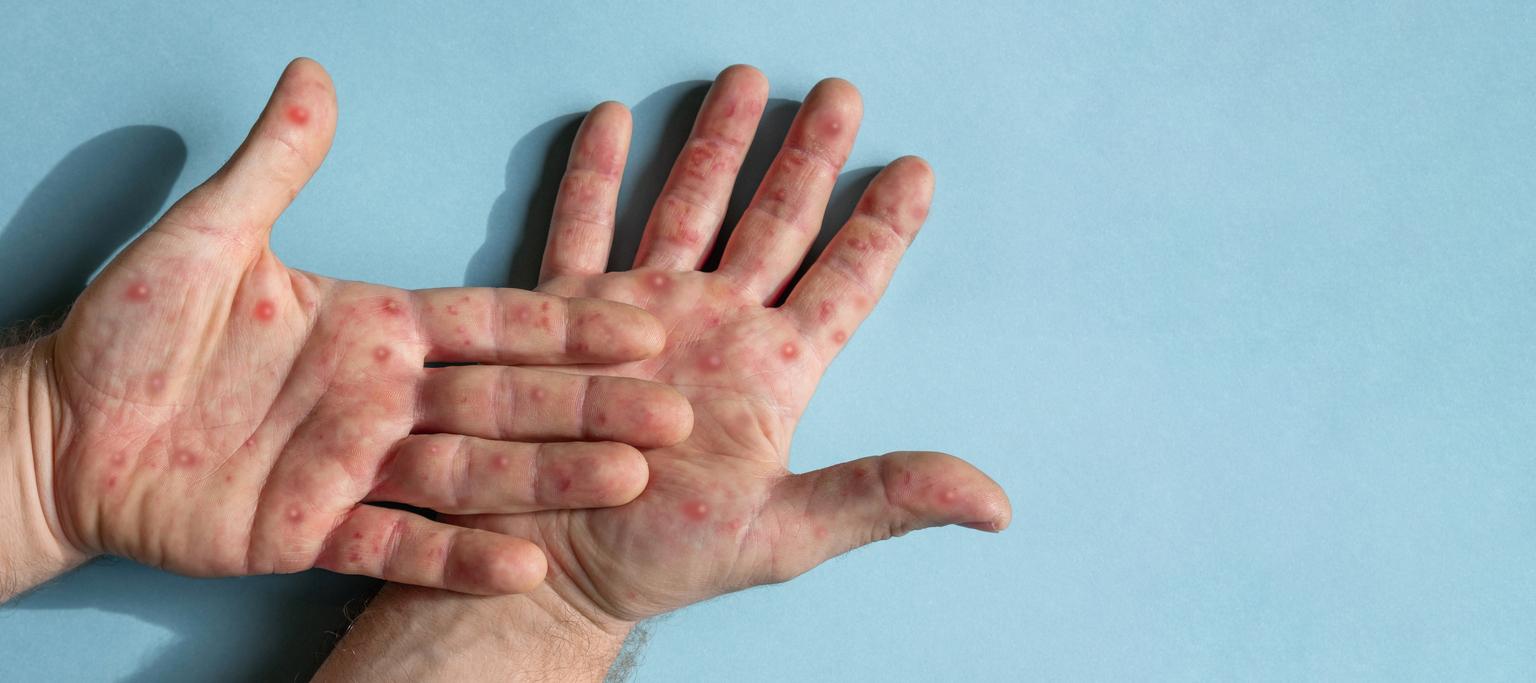With more than 15 million premature births worldwide, prematurity remains the leading cause of infant death.

A third of women do not consult their doctor before embarking on a pregnancy and 76% therefore wait for the first signs of pregnancy to consult. This is what an OpinionWay poll, published this Monday on the occasion of World Prematurity Day, reveals. However, this late management contributes to the increase in the number of premature births. The last perinatal survey in 2010 reported 60,000 premature babies per year, or 7% of births in France, recalls the RTL site.
1time cause of death in newborns
Each year, 15 million premature babies are born worldwide, or one in ten babies, according to the WHO. It is the leading cause of death in infants and the second leading cause of death after pneumonia. According to the WHO, the rate of premature births varies between 5% and 10% in 184 countries. This figure, however, tends to decrease in countries that have banned smoking from public places, as revealed by a study published in The Lancet in March 2014. Dutch researchers have observed a 10% drop in the rate of premature births one year after the entry into force of the anti-smoking law in several European countries. And, indeed, smoking is one of the factors of prematurity. According to the WHO, some 16% of the world’s population currently live in countries that ban smoking in public places.
What is extreme prematurity?
Prematurity means a birth before the end of the pregnancy. We speak of prematurity when a baby is born between 37 and 33 weeks before the term, very prematurity between 32 and 28 weeks, and very great prematurity between 22 and 27 weeks. In 60% of cases, this phenomenon occurs spontaneously, around the fifth or sixth month of pregnancy, sometimes due to an infectious environment or a premature rupture of the water bag. Several factors promote premature labor. It can be due to the fetus (multiple pregnancy, malformations, growth retardation), to the mother (infection, diabetes), but also to the placenta. The lifestyle (alcoholism, smoking) and the mother’s age also promote early onset of labor.
In 40% of cases, doctors induce a premature delivery, when the vital prognosis of the mother or child is engaged.
What impact on the newborn?
When birth occurs prematurely, the fetus is not fully developed. In very premature babies, the phenomenon is accentuated: the risk of sequelae is four times greater than in children born at term. Most often, their lungs are still immature, and infants need respiratory support. Very premature babies can also present with immaturity of digestive function, cardio-respiratory rhythm, liver, kidneys and central nervous system.
In France, of the 10,000 very premature babies born each year, 800 to 1,000 have a motor impairment. Neurological sequelae are also frequent: 2% of children born before term suffer from visual impairment, 1% from hearing problems. At 5 years old, 12% of them are also intellectually retarded. In 2013, the case of Titouan, very premature born at the Poitiers University Hospital, moved the whole of France. Born almost 4 months prematurely, the child was placed on life support. His parents had then demanded the cessation of care in order to put an end to what they described as “therapeutic relentlessness”. After months of battle, the parents finally won their case in mid-September and were able to apply the end-of-life supervision, a device provided for by the Leonetti law.
.

















